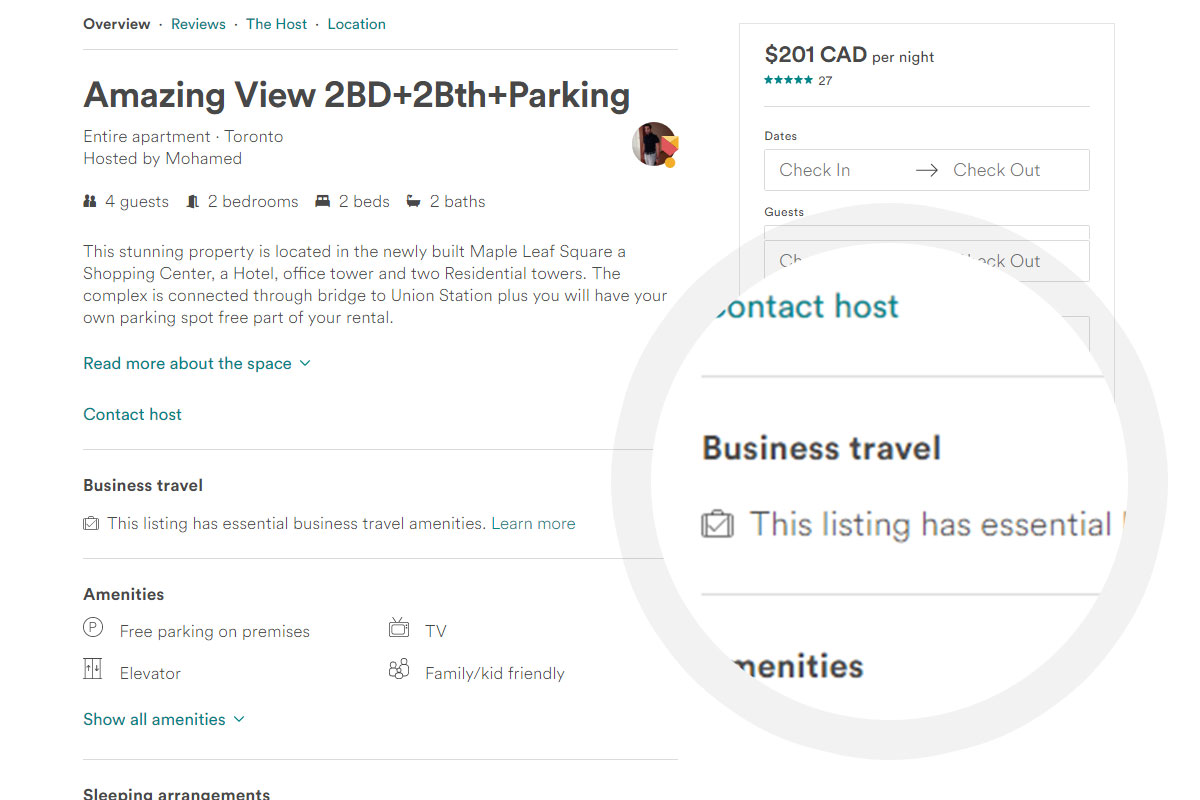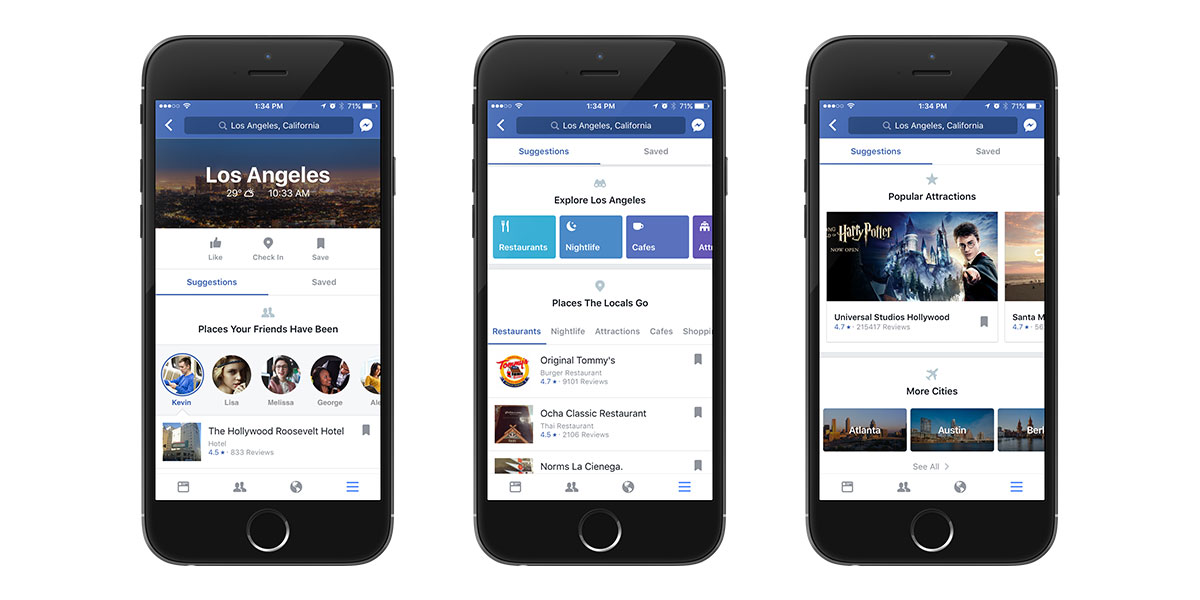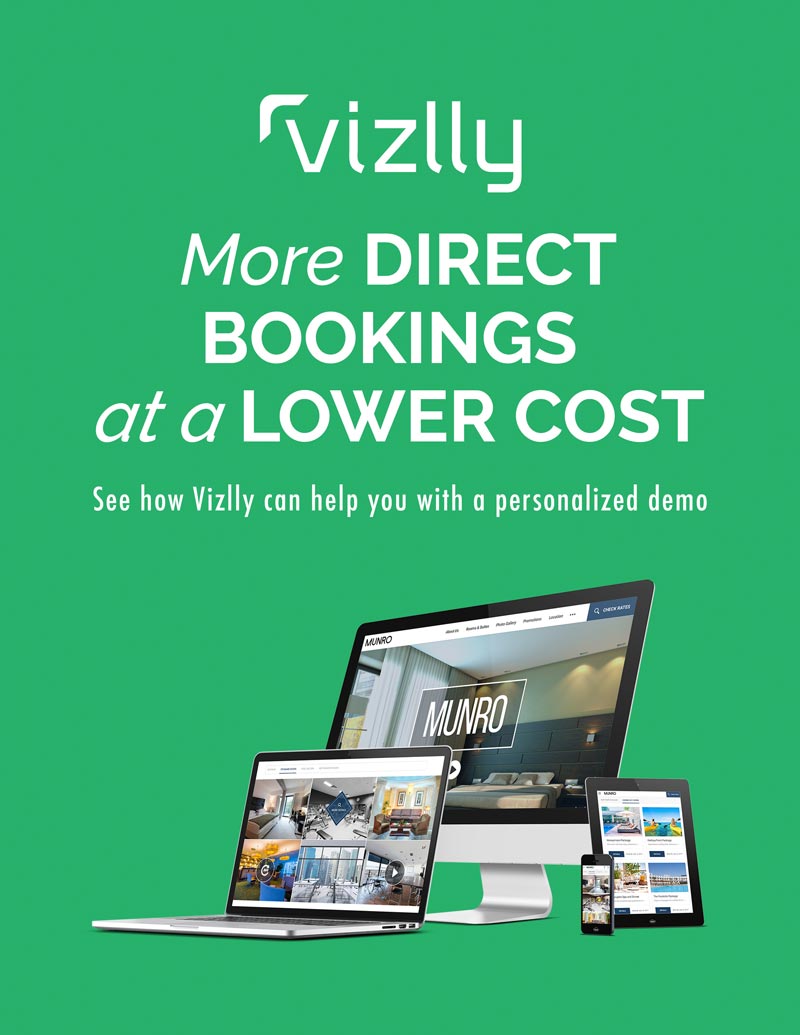5 Important Digital Marketing Trends of 2017
As 2017 comes to a close we continue to look back at the year that was. For hoteliers, the world of digital marketing is constantly evolving. New threats and opportunities are popping up as companies try to get a leg up on the competition. We’ve compiled 5 of the most important digital marketing trends from 2017 that hoteliers should be aware of, so they can start 2018 on the right foot.
Airbnb Targets Corporate and Group Travel
In October, Airbnb announced that they would be partnering with WeWork in the hopes of attracting more corporate travelers to book with Airbnb. The news comes after Airbnb rolled out a search tool in April for “Business Travel Ready” homes with a desk and high-speed internet. The partnership with WeWork gives Airbnb users who book a business trip a free day pass to a nearby WeWork location. The day pass includes access to a private desk, one hour of conference room time, printing services, and other WeWork amenities like unlimited beverages and on-site support staff.

Airbnb listings prominently display if they’re suitable for business travel.
Airbnb’s other big announcement came in November when they announced that groups traveling together could split payments, eliminating a major headache – getting your friends to pay you back. It is a very useful and simple feature to use. The trip organizer request to book a listing that allows split payments and the reservation is marked as “awaiting payment,” which puts a hold on the listing. The organizer’s credit card is charged for their portion of the cost, and the rest of the group has 72 hours to log in and complete the payment or else the reservation is released and everyone who has paid receives a refund.
What’s also interesting to note is that 30% of reservations booked with the payment splitting tool has led to one or more new users registering for Airbnb. So not only is this a useful feature for users, it’s also a growth tool for Airbnb and a feature that hotels may want to consider adopting.
OTAs Start Lending Travelers Money to Book Trips

Affirm for example has partnered with Expedia and has said they have seen a 20% increase in conversions by offering their product. Affirm pays Expedia for the desired travel package and assumes the repayment and fraud risk, while the traveler makes monthly payments until the loan is repaid. Travelers don’t even need to pay off the loan in full before traveling.
It will be interesting to see if offering travel loans will catch on in the U.S. But if the numbers are believed to be true, increasing conversions by 20% on Expedia is a troublesome proposition as hoteliers try to drive more direct bookings and move away from the high commissions charged by OTAs.
Facebook Expands its Presence in the Travel Industry

Facebook City Guides give travel shoppers a new way to search for hotels.
Facebook also introduced new features for Dynamic Ads for Travel (DAT). In November, Facebook announced new ad types, creative options and targeting capabilities. Facebook advertisers can now serve dynamic advertisements to broad audiences; users who have expressed destination-level intent but haven’t been to the brand’s website or app.
This is part of Facebook’s strategy to help hotels reach potential customers where they are and drive incremental bookings, while at the same time driving site traffic down the funnel to increase retargeting audience size. Expect Facebook to continue to create new targeting options to help advertisers reach people higher in the funnel, as they try to steal travel advertising dollars away from Google.
Google Travel is Worth $100 Billion – Even More Than Priceline

Your Hotel Website is the Most Influential Factor, According to New Study

Hotel Ylem uses their Vizlly website to showcase what separates them from competitors.
With all of these changes in digital marketing, it’s important to note that your hotel website is still and will remain the most important part of your overall digital marketing strategy. So start the New Year off on the right foot. Request a demo of Vizlly today to see how a conversion driven website can help you drive more direct bookings at a lower price.

